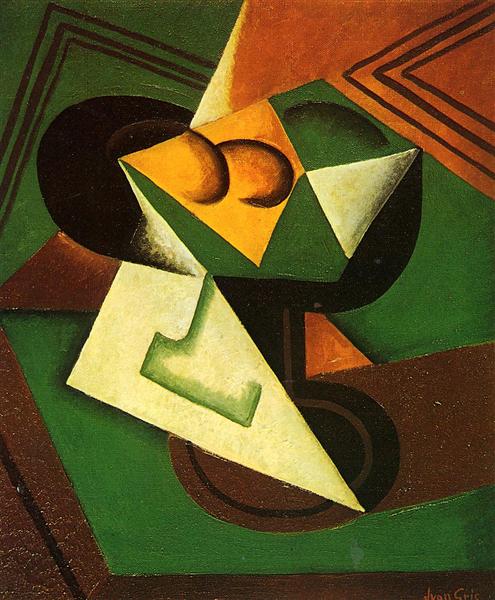Niklas Luhmann’s apples-to-oranges category error impairs his theory of society

I have read and reread Niklas Luhmann’s books for several years, initially in puzzlement, later with excitement about the possibilities offered, and finally with disappointment that is nonetheless tempered by gratitude for all that can be learned from his expertly-conceived high-risk journey to imaginary societies that probably never will nor can exist. Discovery, after all, is the essence of social science. Even in a well-intentioned, ambitious, systematic and arduous voyage across the seas which at the end discovers nothing of substance, some smaller, wonderful and indispensable discoveries will have been made along the way. I will try to balance the good against the bad. In retrospect I now see why Luhmann cannot be considered of equal stature to Weber and Parsons in the pantheon of social theorists, though the conceptual lineages between these three are clear to see. It was for the concepts and that lineage that I first read Luhmann, and this was worth while. Furthermore, since...
%20Mark%20Rothko%20Date-%201949.jpeg)